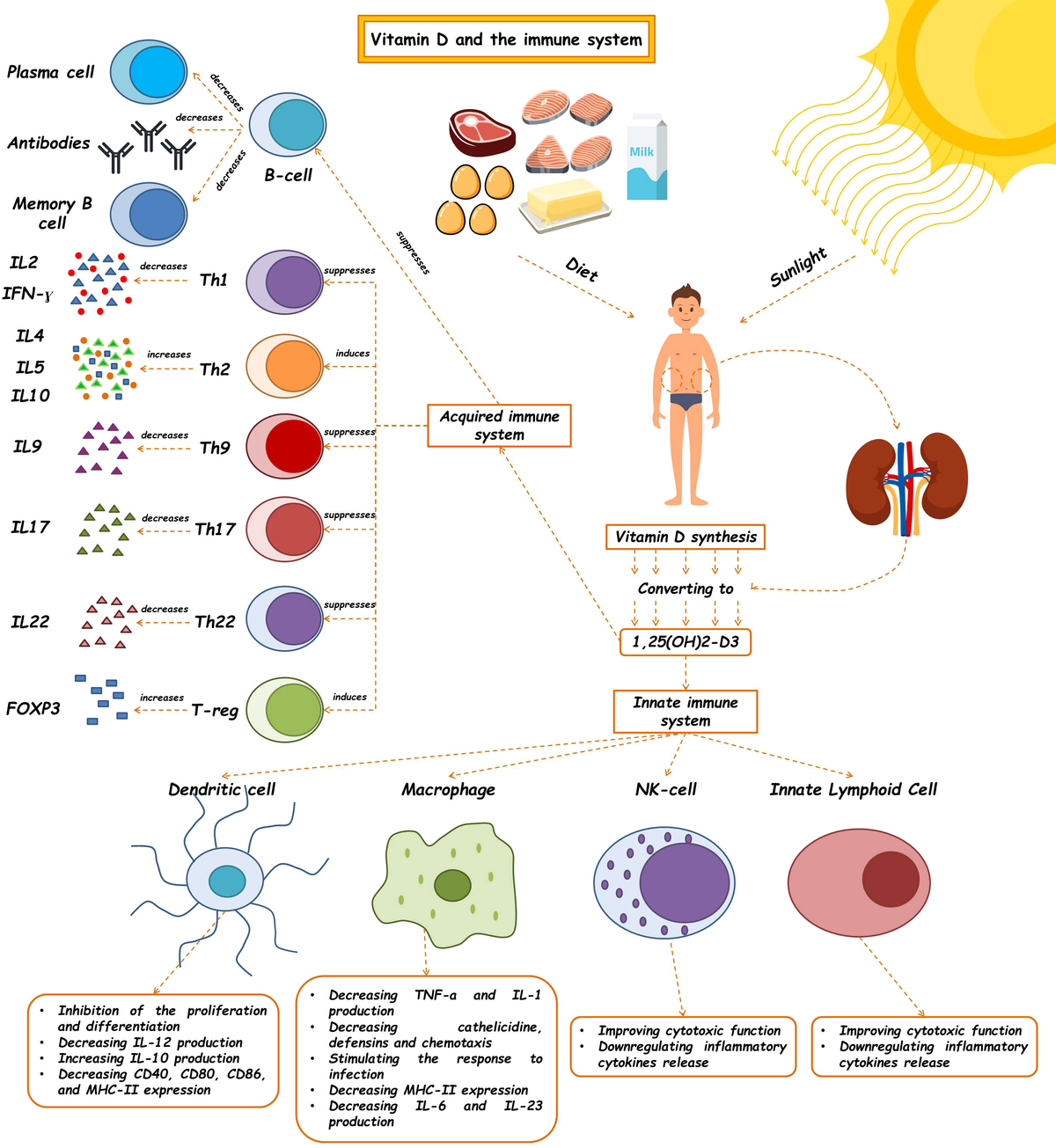Dolphin
Senior Member (Voting Rights)
ISSN 2250-1150
doi: 10.48047/ijprt/15.02.327
ASSESSMENT OF VITAMIN D DEFICIENCY PREVALENCE IN ADULTS WITH CHRONIC FATIGUE SYNDROME: A CROSS-SECTIONAL STUDY
Dr. Rahul Vasudeo Jawale 1, Dr. Ankur Anil Jhavar2, Dr. Ashish Sanjay Sarode 3,
Dr. Dilip Onkar Patil4, Dr. Dinesh Eknath Nehete5, Dr. Chetan Bhagwat Chaudhari6
1,2,3Assistant Professor, Department of General Medicine, Dr Ulhas Patil Medical College &
Hospital, Jalgaon, Maharashtra, India.
4,5,6Professor, Department of General Medicine, Dr Ulhas Patil Medical College & Hospital,
Jalgaon, Maharashtra, India.
Received Date: 02/07/2025 Accepted: 12/08/2025
Corresponding Author: Dr. Ashish Sanjay Sarode, Assistant Professor, Department of General
Medicine, Dr Ulhas Patil Medical College & Hospital, Jalgaon, Maharashtra, India.
Email: s.sarode22@gmail.com
ABSTRACT
Background:
Chronic Fatigue Syndrome (CFS) is a complex disorder characterized by extreme
fatigue that does not improve with rest and may worsen with physical or mental activity. Recent
studies suggest a potential link between Vitamin D deficiency and the severity of symptoms
experienced by CFS patients.
Objective:
This study aimed to assess the prevalence of Vitamin D deficiency in adults diagnosed with Chronic Fatigue Syndrome and to explore the relationship between Vitamin D levels and fatigue severity. Methods: In this cross-sectional study, we evaluated 350 adults diagnosed with CFS at a tertiary care clinic. We measured serum Vitamin D levels and collected data on fatigue severity through standardized questionnaires. Vitamin D deficiency was defined as a serum level of less than 20 ng/mL.
Results:
The prevalence of Vitamin D deficiency among the study participants was found to be 67.7%. The mean Vitamin D level was 19.4 ng/mL (SD ± 6.3). A statistically significant negative correlation was observed between Vitamin D levels and fatigue severity (r = -0.28, p < 0.001). Comparisons with a healthy control group matched for age and sex revealed significantly lower Vitamin D levels in the CFS group (p < 0.001).
Conclusion:
A high prevalence of Vitamin D deficiency was observed in the
CFS patient population, with deficiency significantly associated with greater fatigue severity.
These findings suggest that screening for and managing Vitamin D deficiency may be crucial in
the clinical management of CFS.
Keywords: Chronic Fatigue Syndrome, Vitamin D Deficiency, Fatigue Severity

